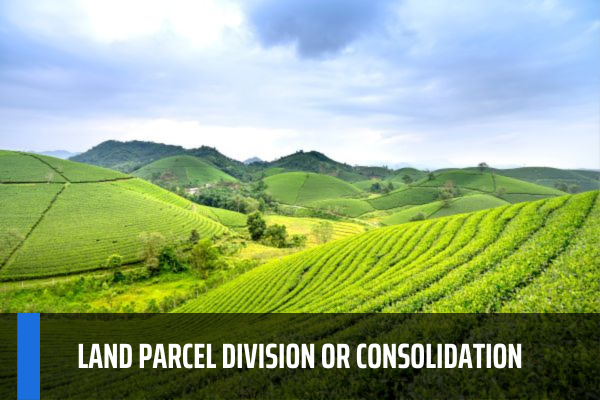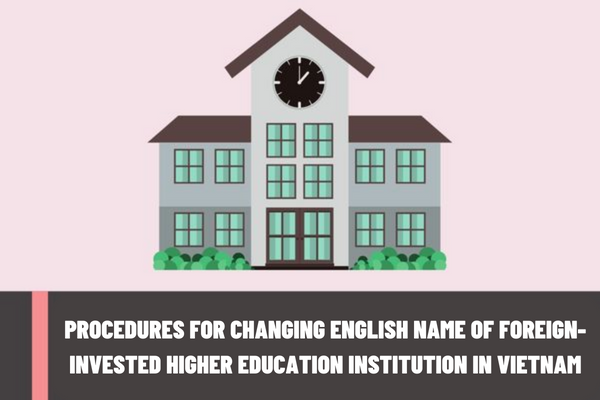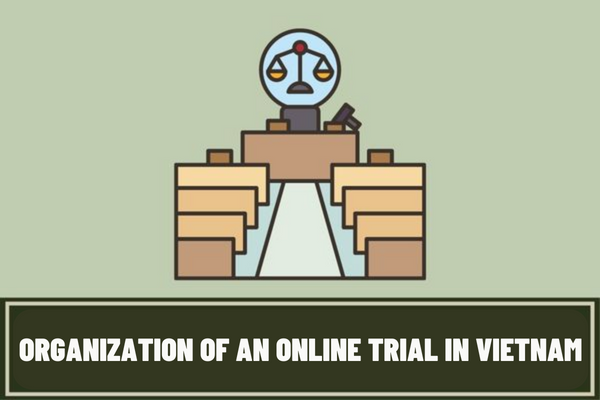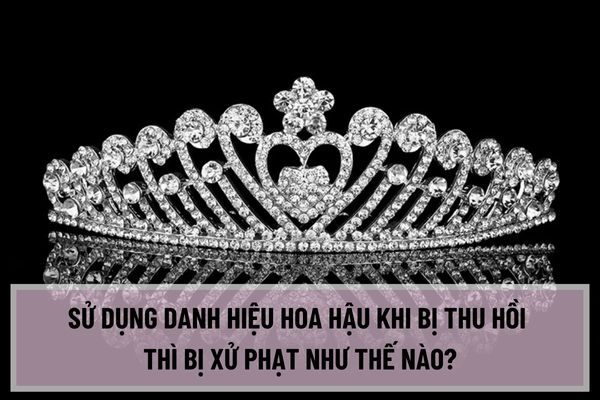Vietnam: What does a pardon petition dossier include? What are the conditions for inmates to be pardoned during the Lunar New Year 2024?
Vietnam: What is Pardon?
Based on the Law on Pardon 2018, pardon is a special leniency granted by the State, decided by the President, to release prisoners before the end of their sentence, whether it is a fixed-term imprisonment or a life sentence, due to major events, national holidays, or special circumstances.
The State encourages and motivates convicted prisoners to sincerely repent, actively learn, work, and reform to receive a pardon; facilitates their reintegration into the community, stabilizes their lives, strives to become useful members of society, and prevents recidivism and legal violations.
The implementation of pardon must adhere to the following principles:
- Compliance with the Constitution and the law; ensuring the interests of the State and the legal rights and interests of organizations and individuals.
- Ensuring democracy, fairness, objectivity, transparency, and openness.
- Ensuring requirements related to domestic and foreign affairs, national security, public order, and social safety.
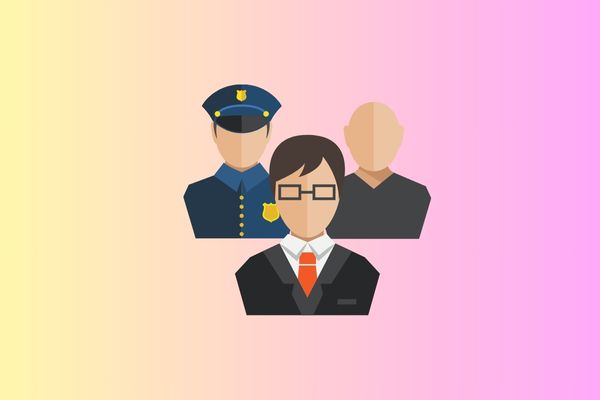
What does a pardon petition dossier include? What are the conditions for inmates to be pardoned during the Lunar New Year 2024?
Vietnam: What does a pardon petition dossier include?
Based on Article 14 of the Law on Pardon 2018, the pardon petition dossier includes:
(1) Pardon request letter.
(2) Documents proving the personal and family circumstances of the person proposed for pardon.
(3) Documents proving the completion of additional penalties such as fines, and payment of legal fees. In cases of exemption from fine execution or exemption from legal fee payments, there must be a decision from the competent Court.
Convicted persons for offenses specified at point d, clause 1, Article 11 of the Law on Pardon 2018 must have documents proving the fulfillment of obligations to return property, compensate for damages, or meet other civil obligations.
Persons in the cases specified at point đ, clause 1, Article 11 of the Law on Pardon 2018 must have documents proving the fulfillment of or partial fulfillment of obligations to return property, compensate for damages, or meet other civil obligations, along with a decision from the competent civil judgment enforcement agency regarding the non-existence of enforcement conditions. In cases where the judgment creditor agrees to defer the enforcement or does not request the execution for the property not belonging to the State, there must be a written agreement from the judgment creditor verified by competent authorities.
Persons in the cases specified at point c, clause 3, Article 11 of the Law on Pardon 2018 must have conclusions from the Medical Examination Council or provincial or district-level hospitals.
Persons in the cases specified at point e, clause 3, Article 11 of the Law on Pardon 2018 must have confirmation from the People's Committee of the commune where their family resides.
Persons in the cases specified at point h, clause 3, Article 11 of the Law on Pardon 2018 must have a Disability Certificate from the People's Committee of the commune where the disabled person resides; a Court's decision declaring the person has difficulties in cognition and behavior control.
(4) Commitment not to violate the law, fully comply with additional penalties other than fines, obligations to return property, compensate for damages, and meet other civil obligations after being pardoned.
(5) Written pardon proposal from the warden of the prison, the warden of the detention center under the Ministry of Public Security, the Ministry of National Defense, the head of the criminal execution agency of the provincial police, the head of the criminal execution agency of the military zone.
For persons proposed for pardon who are temporarily suspended from serving imprisonment sentences, there must be a written pardon proposal from the provincial-level People's Court, the military zone court, and a written assessment from the People's Committee of the commune, military unit responsible for managing them regarding their compliance with the law during the time of temporary suspension from serving imprisonment sentences.
Vietnam: What are the conditions for inmates to be pardoned during the Lunar New Year 2024?
Based on Article 4 of Decree 52/2019/ND-CP, the person proposed for pardon must meet the following 07 conditions:
(1) Convicted persons who have made many progress, have good reform consciousness, and are classified into good or better compliance with the law on criminal execution as specified at point a, clause 1, Article 11 of the Law on Pardon 2018.
They must strictly adhere to the Prison, Detention Center, Temporary Detention Rules, actively study, work, and reform, and in the quarters that meet the classification period during the imprisonment process, they are classified as good or better.
(2) Convicted persons who have fulfilled their obligations to return property, compensate for damages, or meet other civil obligations as specified at point đ, clause 1, Article 11 of the Law on Pardon 2018 fall into one of the following cases:
- They have fulfilled their obligations to return property, compensate for damages, and meet other civil obligations as per the court's judgment.
- There is a decision to suspend the enforcement of the judgment by the competent civil judgment enforcement agency.
- There is a written request from the judgment creditor or their lawful representative regarding the non-execution of obligations to return property, compensate for damages, and meet other civil obligations as per the court's judgment for property not belonging to the State.
(3) Convicted persons who have partially fulfilled property obligations, compensation for damages, or other civil obligations but are in particularly difficult economic circumstances, as stipulated for lacking conditions to continue enforcing the remaining portion, are considered where the person and their family no longer have assets to enforce the judgment or have assets, but their value is only sufficient to pay enforcement costs.
Or their assets, as stipulated by law, cannot be distrained, handled to enforce the judgment, and have no income or only have income to ensure minimal living standards for the person required to enforce the judgment and those they are responsible for supporting.
(4) Convicted persons who have made significant contributions during their imprisonment as specified at point a, clause 3, Article 11 of the Law on Pardon 2018 fall into one of the following cases:
- They have acted to help the prison, detention center, district-level criminal execution agency, competent prosecuting authorities to detect, arrest, investigate, and handle criminals.
- They have saved other lives or a significant amount of property (valued at 50 million VND or more) of the State, collective, or citizens during disasters or fires.
- They have made valuable inventions, initiatives, or other special achievements confirmed by the prison, detention center, district-level criminal execution agency.
Persons who have had their imprisonment sentence enforced but made significant contributions during the waiting period before being transferred to prison, detention center, or criminal execution agency of the district-level police to serve the sentence are also considered to have made significant contributions during their imprisonment.
(5) Convicted persons who are suffering from severe illnesses as specified at point c, clause 3, Article 11 of the Law on Pardon 2018.
These are persons suffering from one of the following diseases: final-stage cancer; paralysis; severe drug-resistant tuberculosis; ascites cirrhosis; heart failure grade III or above; kidney failure grade IV or above; HIV disease in clinical stage IV with opportunistic infections.
They cannot self-serve and have a poor prognosis with a high risk of death or suffer from other illnesses as concluded in writing by the Medical Examination Council or the provincial or district-level hospital or higher that they cannot self-serve and have a high risk of death.
(6) Convicted persons who are frequently ill and unable to self-serve as specified at point c, clause 3, Article 11 of the Law on Pardon 2018.
These are persons who have to stay in the infirmary, hospital continuously for 03 months or more, or not continuously but have to stay in the hospital for three times or more, each time for 01 month or more, cannot self-serve, and have a written conclusion from the Medical Examination Council or the provincial or district-level hospital or higher.
(7) Convicted persons with particularly difficult family circumstances and being the sole laborer in the family as specified at point e, clause 3, Article 11 of the Law on Pardon 2018.
These are cases where the family of the convicted person falls into particularly difficult economic circumstances due to accidents, illness, natural disasters, fires, or other force majeure events leading to no significant assets, no income or income below the poverty line, or have parents, spouse, children seriously ill and no one to take care of them, and the person is the sole laborer in the family, confirmed by the commune-level People's Committee where the family resides.
LawNet
